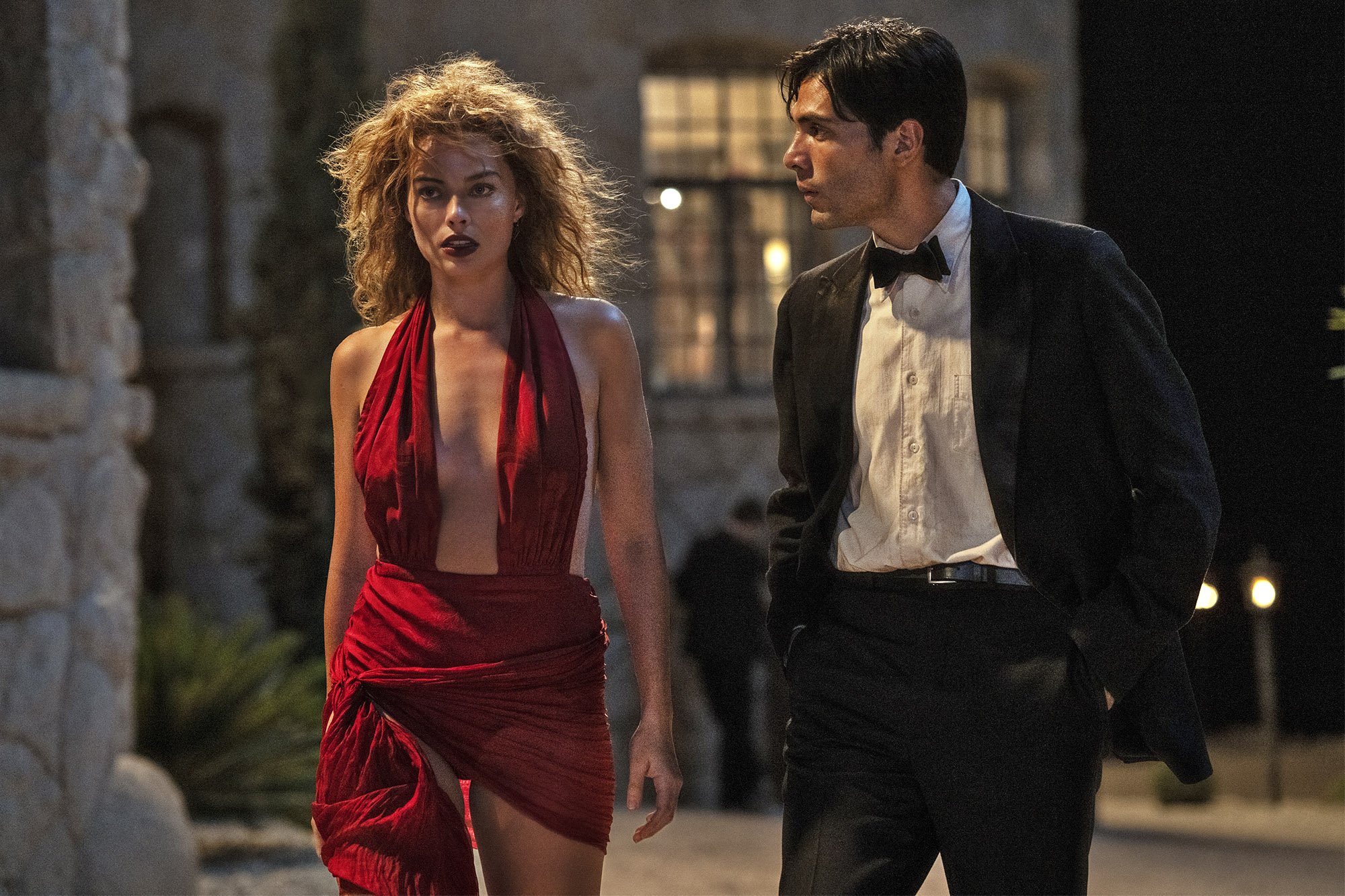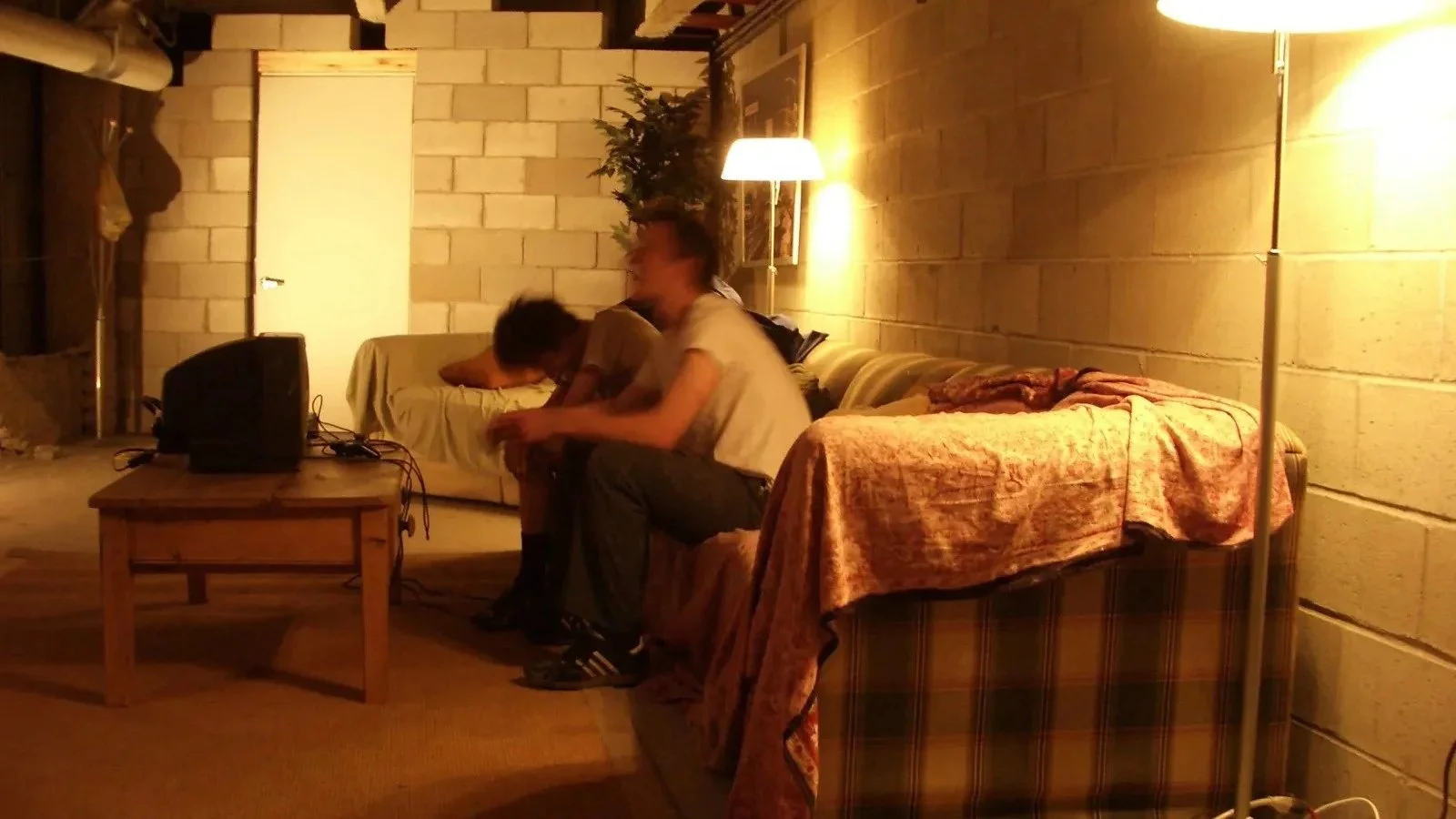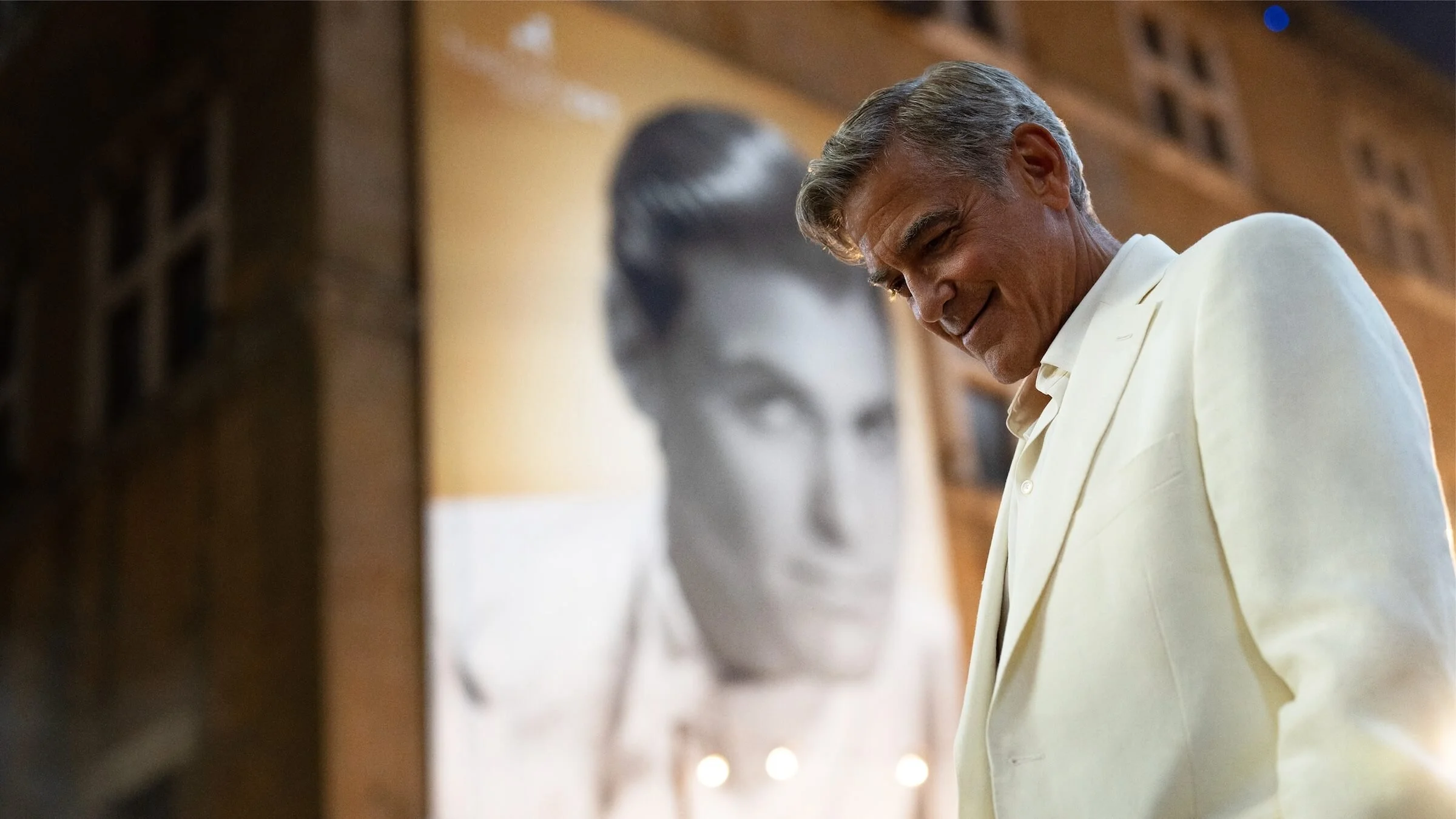Review: Babylon (2022)
A lot of people have called Babylon a love letter to the movies, but that’s not the most accurate way of summing-up this epic tragicomedy from the director of La La Land. Damien Chazelle is obsessed with the personal cost of success. All of his movies, including his Neil Armstrong biopic First Man, have made sacrifice their central theme. Babylon extends this to the world of Hollywood as it charts the decline of silent film and the rise of the talkies. This transitional era also marked a shift away from the bohemian excess of the 1920s to the conservatism of the 1930s and the censorship of the Hays Code.
Babylon is a big scale story of artists lost in the shuffle, people who are miserable as human beings but motivated by their personal travails to become great artists. It’s a big swing of a film, one that doesn’t always connect as a raucous comedy, an epic tragedy, a behind-the-scenes look at the art of silent moviemaking, or, yes, an ode to the power of cinema. But it’s ambitious and bold, something we should celebrate in our artistically conservative era of filmmaking.
Inspired by Kenneth Anger’s controversial Hollywood Babylon and other seedy tell-all books about Hollywood history, the film starts with a transgressive bang at a debauched party outside Los Angeles in 1926, where the partiers run rampant fueled by an endless supply of sex, drugs, and booze. The camera swings through the crowd, Justin Hurwitz’s jazz-infused score provides the pulsing beat, and the dozens of extras cut loose with abandon. Chazelle is channeling favourite films of his, such as Martin Scorsese’s The Wolf of Wall Street and Paul Thomas Anderson’s Boogie Nights. The scene is long, around 30 minutes, and delights in the transgression on display. It even starts with an elephant—whose entrance will cap off the evening’s party—taking a giant shit on a studio laborer. It’s as if Chazelle is going out of his way to let you know he’s no longer the squeaky-clean director of La La Land and its anodyne image of Los Angeles.
But such an opening approach is a bit of a bluff. The scene is debauched, for sure, but it’s also setting the stage for the tragedy to follow, showing the bohemian world of Hollywood during the height of silent cinema that would end with the transition to sound. As well, Chazelle is mining the same emotions as La La Land and Whiplash—that burning desire to “be something,” which fuels all the major characters we meet at the party in Babylon, and all the major characters in all his films.
There’s Manny Torres (Diego Calva), the poor immigrant studio assistant who will work his way up the studios simply through intelligence and gumption, Nellie LaRoy (Margot Robbie), the coarse aspiring actress who’s a personal trainwreck yet born to be a star, and Jack Conrad (Brad Pitt), the alcoholic silent film star who’s got nowhere to go but down. We also meet key supporting characters, such as Jean Smart’s journalist gossip, Jovan Adepo’s ambitious jazz trumpeter, and Li Jun Li’s cabaret singer. But it’s the first three whose arcs provide the overarching structure for Babylon: their rise and fall and struggles and ambitions as the silent era peaks and then transitions into the sound era, transforming the industry.
Being three hours and nine minutes long and taking place over the late 1920s and early 1930s, Babylon covers a lot of ground, and it’s not always able to control the scale and variety of its storytelling. For instance, Jovan Adepo and Li Jun Li are mostly lost in the shuffle. Their characters allow Chazelle to comment on the non-white experience in Hollywood and show how the turn towards the conservatism of the 1930s also precipitated the exclusion of non-whites from the studio system. But they’re also just that—vantage points, ways to comment on a larger trend, and not so much written as compelling characters in their own right. Their scenes are best contrasted with Manny’s, who is also non-white, but starts to pass as “Spanish” in order to navigate the increasingly racist world of Hollywood.
Furthermore, the film’s attempts at raunchy comedy are not Chazelle’s strong suit. The elephant diarrhea gag, the cocaine jokes, the pratfalls—they all kind of work against the earnest sweep that fuels Chazelle’s storytelling. Because when the film settles down, stops posturing, and focuses on the craft of moviemaking, it becomes something special, a kind of tragic Singin’ in the Rain—and about as daring and bold and unsettling as that description suggests.
The film arguably peaks in the early going, when the fortunes of Manny, Nellie, and Jack converge during a massive studio shoot in the California desert. Dozens of studio productions shoot simultaneously in ramshackle sets under the blazing sun. Manny has to get a drunken Jack Conrad to the peak of a mountain and secure a new camera before the sun sets, while Nellie has to fill in for an indisposed actress in a minor morality tale, which plays like a variation on some of the early works of silent film pioneer Lois Weber.
Chazelle’s camera zips between sets, staying with his characters, and allowing the scale of the background action to provide the exposition and energy. We see massive crowds of extras in medieval uniforms do battle in the background. Cameramen work from makeshift watchtowers that sway back and forth, a car occasionally sweeping too close to their bases and rattling the towers. Assistants and producers run between sets, where directors furiously scream at their actors to get the necessary emotions in their scenes. It’s an absolute hoot. Chazelle plays it for laughs and then tension and then awe as it all culminates with a shot during magic hour, where the different planes of action and emotion all coalesce in a single frame. If the entire film had been this scene, he would’ve had something great.
Of course, Babylon is much more than this scene, and there are other special moments. An extended scene shows the first day of sound at the fictional Kinoscope Studios where Nellie and the production crew struggle through endless takes to nail a simple entrance and line of dialogue without blowing out the newly installed microphones. As we watch the painstaking process of filmmaking and witness how sound upends the careers of these individuals, the film pitches towards tragedy. Late moments with Brad Pitt, who looks the part as a silent film star, register strongly as he comes to understand his obsolescence within the larger system.
There are also bold gambits and detours, such as a late scene that follows Manny into the Los Angeles underworld, which turns out to be a vision of an almost literal hell, where the rich and powerful prey on the weak and destitute. It’s surprisingly twisted, with an amusing cameo, and flirts with an almost Kubrickian level of ironic cynicism about the corrosive effect of American culture.
Chazelle obviously did his research with Babylon and the film has an impressive attention-to-detail when it comes to the time and place. He has a towering vision of what Hollywood was and could have been. He loves the idea of Hollywood and so has his central characters fixated on that vision of the dream factory and their place in it, forever unsatisfied, forever tortured, doomed to do great things that are forgotten. The film becomes an ode to an era that most people have forgotten. Chazelle wants us to remember their struggle and their art, even as most films of the silent era have been destroyed due to the ravages of time and the disinterest of studios to preserve them.
But Chazelle’s enormous investment in the material also prompts him to make massively ambitious decisions that don’t quite work out. For instance, the ending is a massive swing where you want to applaud the chutzpah even as the scene fails to create the rapturous response it so desperately wants. It doesn’t really work, but the fact that Chazelle tries for it is admirable in its own right. It harkens back to the ambitions of the era he’s depicting, where artists threw caution to the wind to try to create something special.
We live in an era that shares a lot with the early sound era: cultural puritanism, rampant capitalism, creative cowardice, and an approach to movies as content or products, not art. Damien Chazelle’s Babylon crosses this chasm of time to make us see ourselves in the past and appreciate what was gained and what, and who, was lost. It’s a film about transition, in movies and in culture, as well as a story of the fall of empires in real life and in cinema. It warns us that Babylon fell and Hollywood will too. So let’s appreciate the art while we have it.
7 out of 10
Babylon (2022, USA)
Written and directed by Damien Chazelle; starring Brad Pitt, Margot Robbie, Diego Calva, Jean Smart, Jovan Adepo, Li Jun Li.



Joe Carnahan’s cop thriller starring Matt Damon and Ben Affleck is an enjoyable whodunnit.